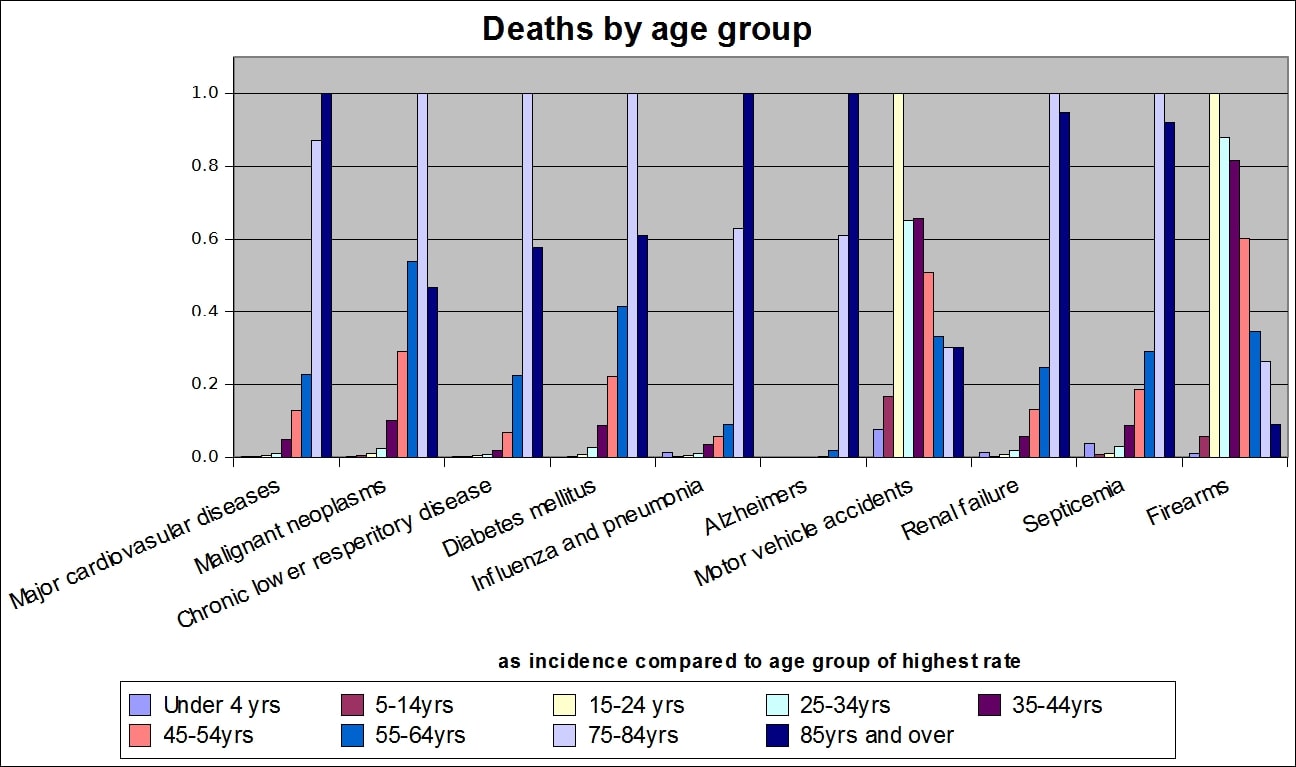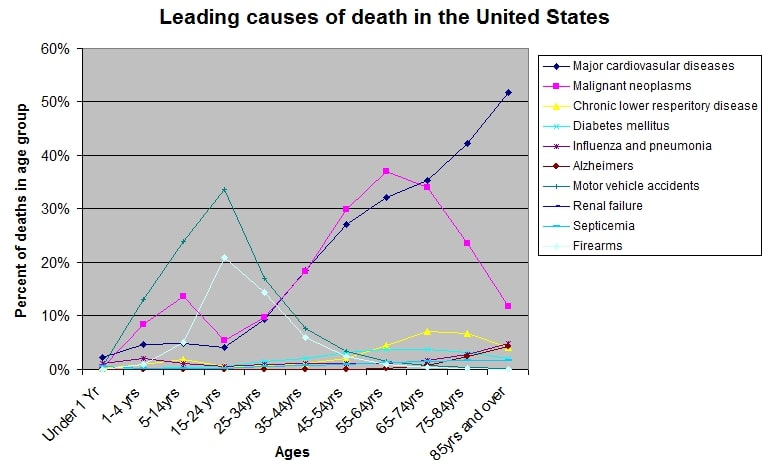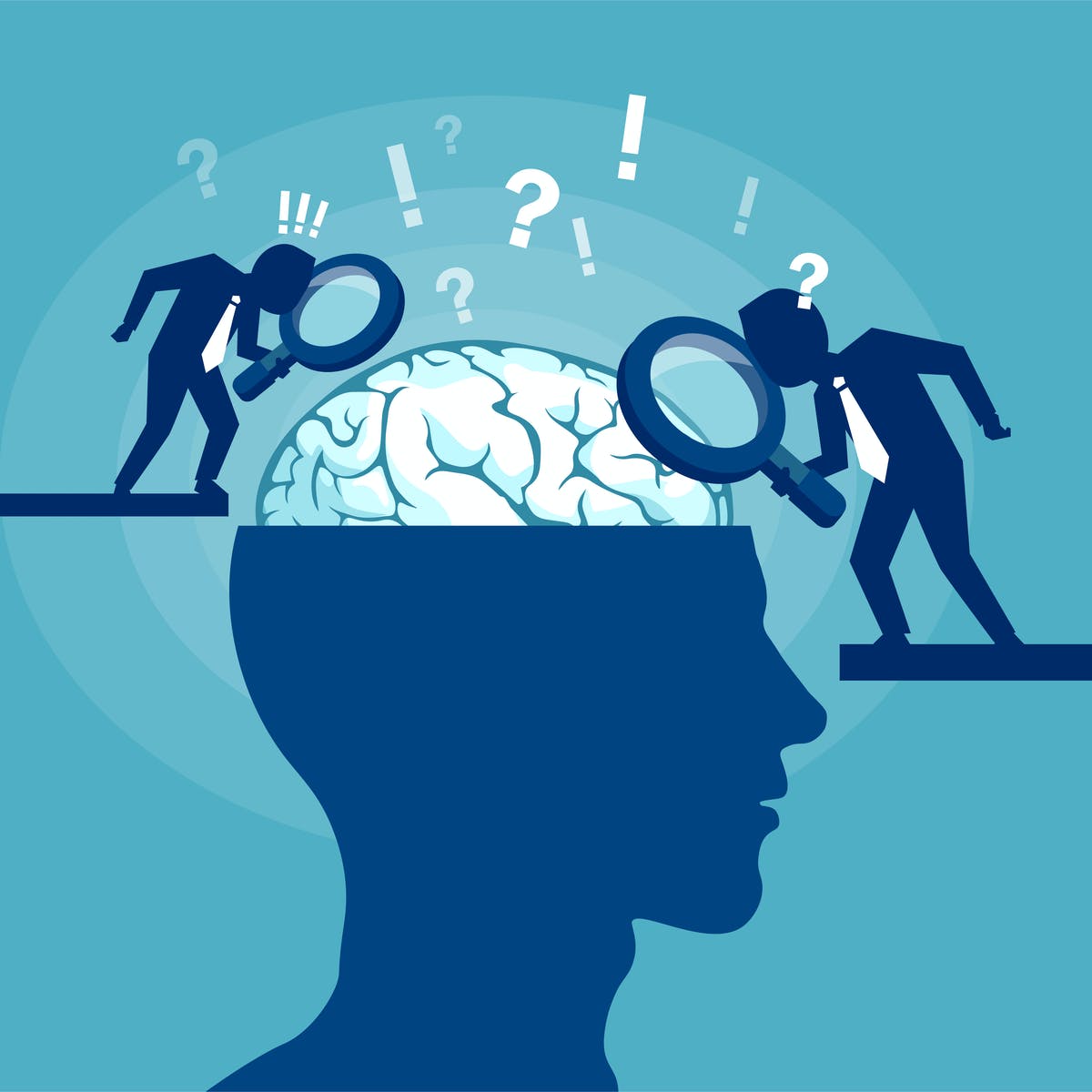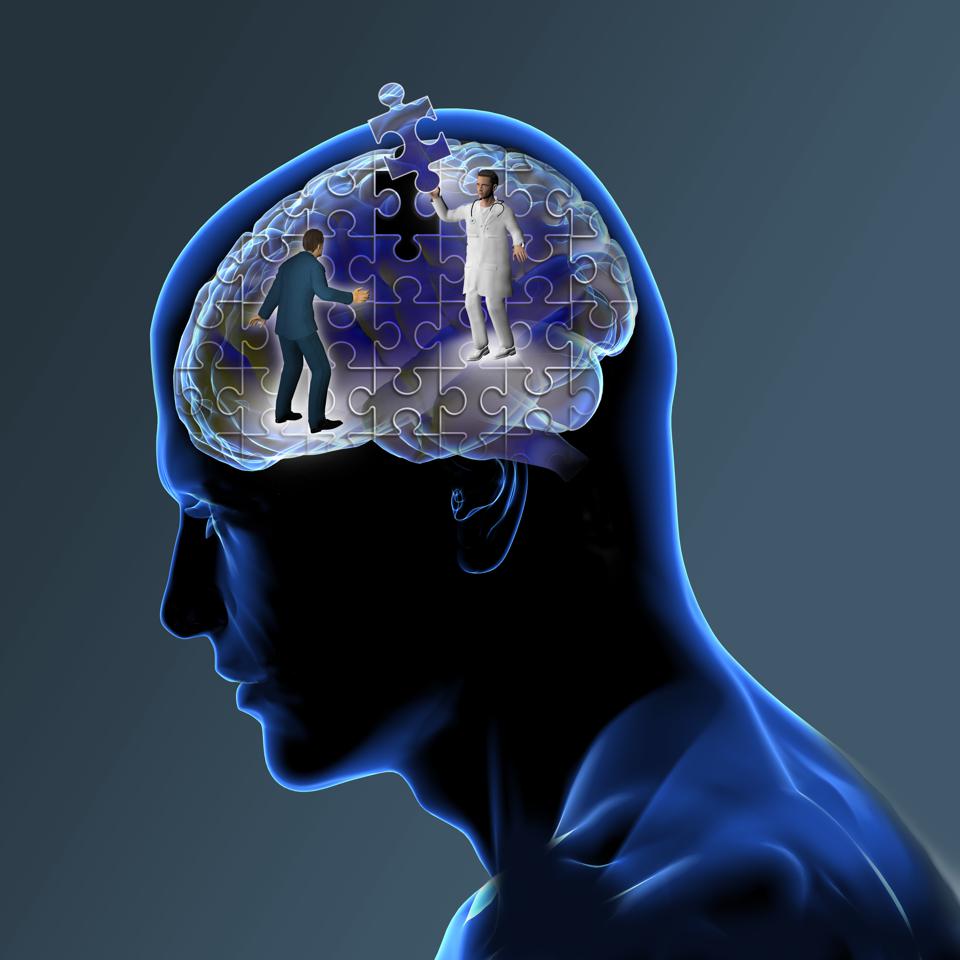Alzheimer's
(senile dementia / presenile dementia )



Overview
Alzheimer’s disease is an irreversible, progressive brain disorder that slowly destroys memory and thinking skills and, eventually, the ability to carry out the simplest tasks. In most people with the disease—those with the late-onset type—symptoms first appear in their mid-60s.
Warning
If you notice one or more signs in yourself or another person, . It’s natural to feel uncertain or nervous about discussing these changes with others. Voicing worries about your own health might make them seem more “real.” ,However, these are significant health concerns that should be evaluated by a doctor.
Advice
- -listen to your needs and offer tailored information and advice so you can consider your future options.
- -link you up with local professionals and services, including everything from social groups to help managing your money.
- -provide support for you to access the services they refer you to so that you aren’t alone.
Watch It To Learn More
Our understanding of Alzheimer’s disease has come along way in the last century. In this animation, Nature Neuroscience takes us inside the brain to explore the cells, molecules and mechanisms involved in the onset and progression of this devastating condition - from the latest advances to the remaining gaps in our scientific knowledge.

Early Alazheimer symptoms
Memory loss that disrupts daily life may be a symptom of Alzheimer's or other dementia. Alzheimer's is a brain disease that causes a slow decline in memory, thinking and reasoning skills. There are 10 warning signs and symptoms. If you notice any of them, don't ignore them. Schedule an appointment with your doctor.
The early signs and symptoms of type 2 diabetes can include :-
- -Memory loss that disrupts daily life
- -Challenges in planning or solving problems
- -Difficulty completing familiar tasks
- -Confusion with time or place
- -Trouble understanding visual images and spatial relationships
- -New problems with words in speaking or writing
- -Misplacing things and losing the ability to retrace steps
- -Decreased or poor judgment
- -Withdrawal from work or social activities
- -Changes in mood and personality

Causes-Alzheimer's disease
One of the proteins involved is called amyloid, deposits of which form plaques around brain cells.
The other protein is called tau, deposits of which form tangles within brain cells.
Although it's not known exactly what causes this process to begin, scientists now know that it begins many years before symptoms appear.
As brain cells become affected, there's also a decrease in chemical messengers (called neurotransmitters) involved in sending messages, or signals, between brain cells.